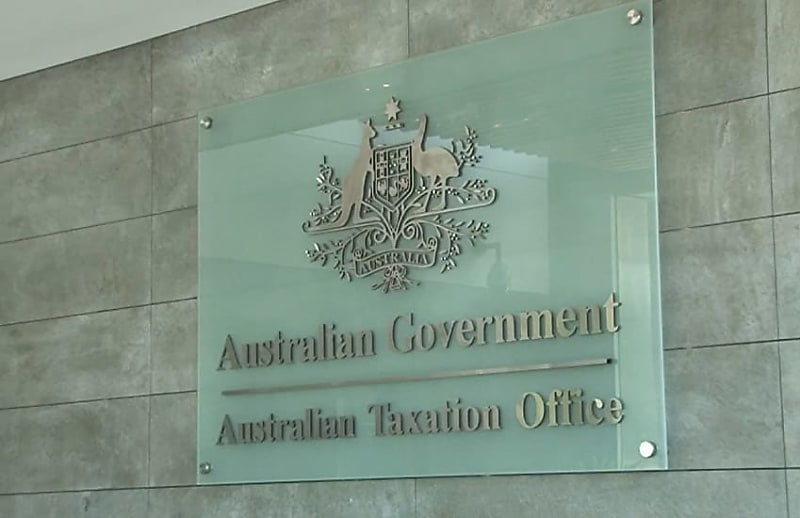ATO issues alert on false invoicing arrangements
TaxBusinesses using illegal financing arrangements have been put on notice with the Serious Financial Crime Taskforce using improved analytics capabilities to identify these arrangements.

The Serious Financial Crime Taskforce is currently targeting false invoicing invoicing and other illegal financial arrangements, the Tax Office has warned in a recent update.
False invoicing arrangements involve issuing invoices where no goods or services are provided.
This could be where an entity issues invoices to a legitimate business but no goods or services are provided, or where the business pays the invoices by cheque or direct transfer and the entity returns most of the amount paid to the owners of the business as cash.
It can also be where a promoter keeps a small amount as a commission or where the owners or the business illegally claim deductions and GST input tax credits from the false invoice.
The ATO is also monitoring situations where business owners use the cash they have received for private purposes or to pay cash wages to workers, and don’t properly report the amounts in their tax returns.
The SFCT is warning businesses against using these types of arrangements.
“We are equipped with the resources, sophisticated data matching, analytics capability, and intelligence sharing relationships to uncover even the most elaborate financial crime,” it stated.
While most Australian businesses do the right thing, the ATO said a small minority try to evade the tax system.
“This behaviour undermines the integrity of the tax and super system and disadvantages honest businesses who are doing the right thing,” it said.
“We will effectively deal with those who engage in false invoicing, or other illegal financial arrangements, working with partner agencies where appropriate. Those who try to evade the tax and super system will get caught and face the full force of the law.”
The ATO is urging any businesses that are involved in a false invoicing arrangement or other illegal financial arrangement to come forward and make a voluntary disclosure rather than wait for the ATO to contact them.
“We may be able to reduce your penalties,” it said.
The ATO also wants concerned members of the community who suspect a business or individual is involved in a false invoicing arrangement to confidentially report a tip-off online or phone them on 1800 060 062.
Example involving fraudulent claims for GST credits and business expenses
In its update, the ATO gave an example of a plasterer who owns his own business, called Henry, who is eager to improve his cash flow after a difficult year.
A supplier tells him about a special invoicing arrangement promoted by another plastering supplier named Chris.
In the example, Henry contacts Chris to learn how the arrangement works. Henry thinks it sounds questionable, but agrees to the arrangement so that he can boost his profits.
Chris provides Henry with a few plastering supplies and then gives him a false invoice. The invoice is from an entity that doesn’t appear to be connected to Chris and says the entity provided 10 times as many items as Henry received.
Henry decides to pay the full amount of the invoice through an electronic transfer. Chris keeps the money owed for the supplies he provided, plus a bit more as a commission. He then returns the extra money to Henry in cash.
Henry then uses the false invoice he received to claim business deductions and GST credits on his business activity statement (BAS). He then receives a refund for his BAS and asks Chris for another false invoice.
One of Henry’s contractors overhears Henry discussing the arrangement over the phone and reports Henry’s suspicious behaviour to the ATO's tip-off line. The tip-off is referred to an ATO investigator and Henry’s and Chris’ tax affairs are reviewed.
“Henry is found to have fraudulently claimed GST credits and business expenses of over $200,000 that he was not entitled to,” the ATO said.
Henry decides it is in his best interest to make a voluntary disclosure about his involvement in the arrangement.
He tells the investigator about how the arrangement worked and who was involved.
“Henry is liable to pay back all the money he fraudulently obtained, however, his penalties are reduced because of his voluntary disclosure,” the Tax Office said.
“As a result of the investigation, the false invoicing arrangement is dismantled. Chris is required to pay tax on the income he has hidden using the arrangement. Chris also faces further consequences, including potential prosecution, because of his role in promoting the arrangement.”




